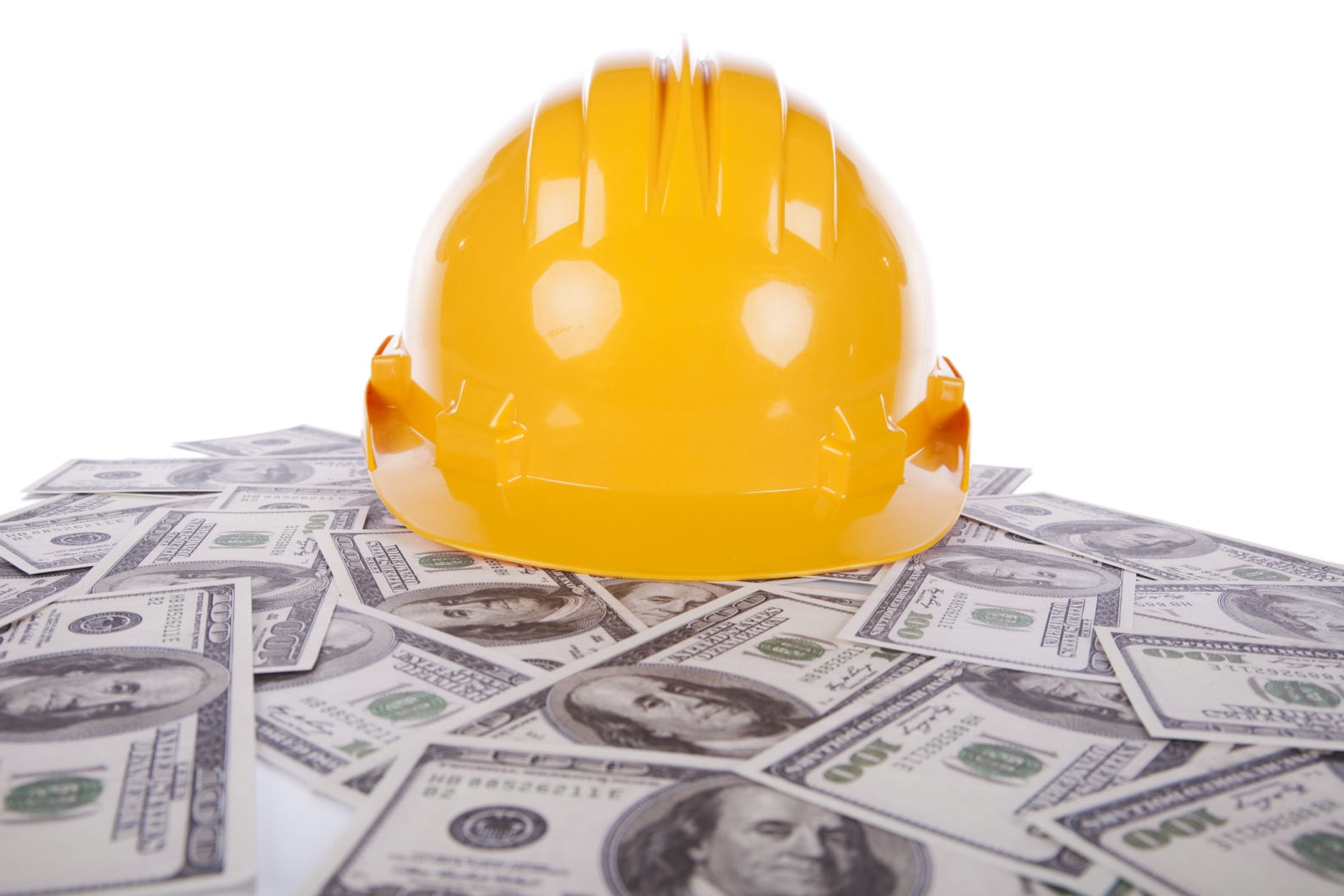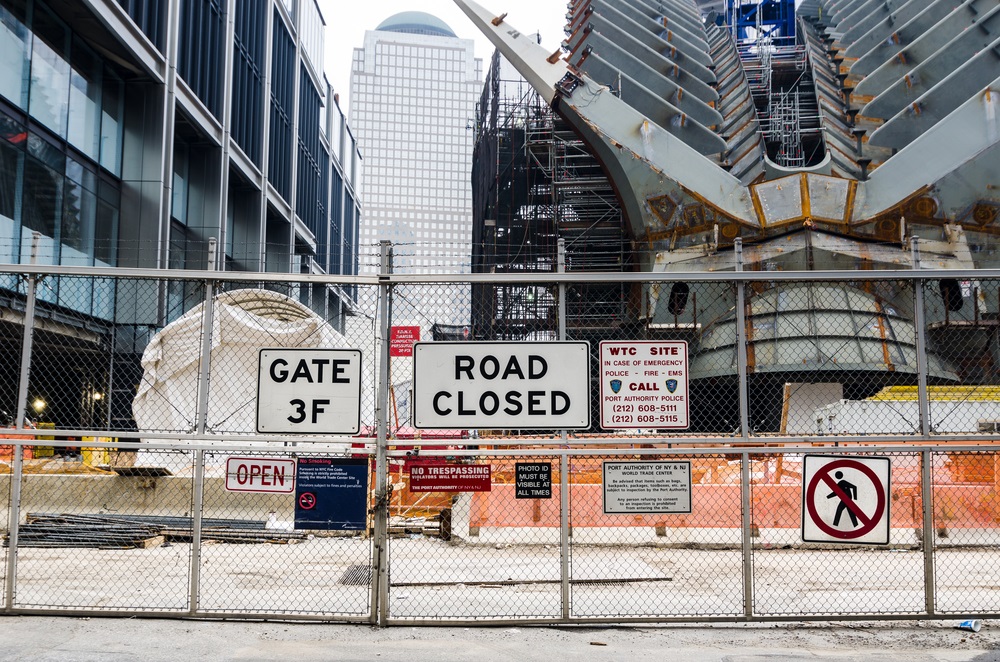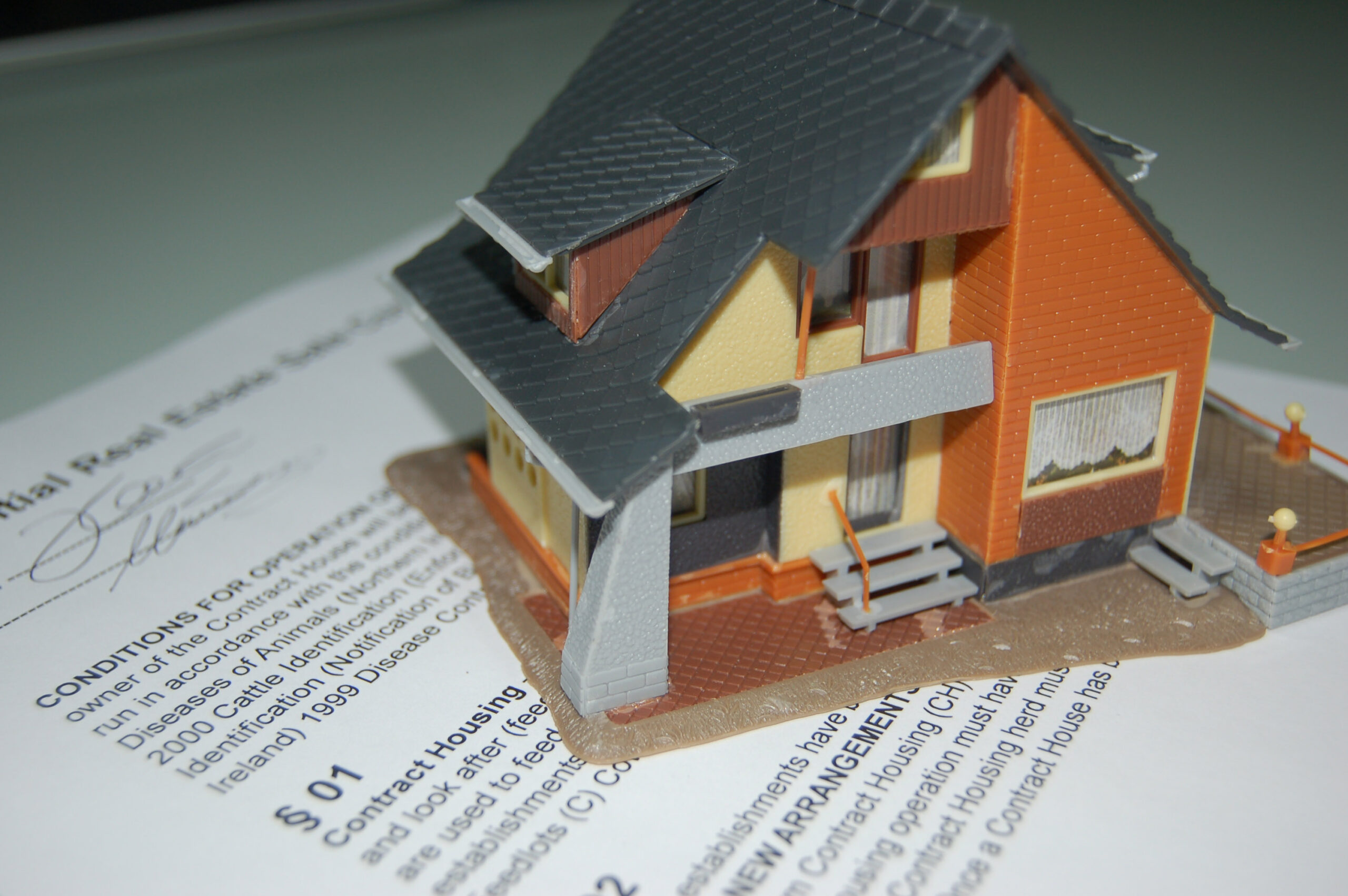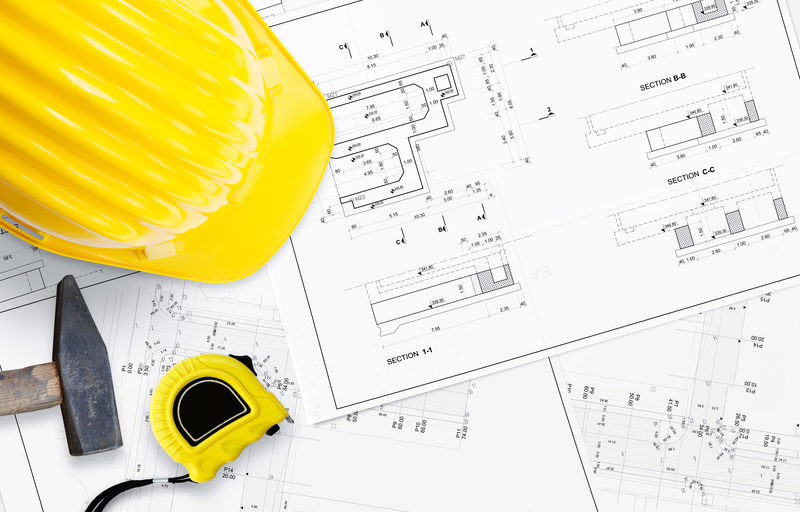I’m a Contractor in New York and Haven’t Been Paid, but My Contract Says I Can’t Suspend Performance Due to Non-Payment: Do I Have to Keep Performing Work?

If you have ever been involved in a construction project, you have probably dealt with a payment dispute. Often, when a construction contractor hasn’t been paid, his or her only leverage is to “stop the bleeding” by suspending work until they have been paid. But what happens when their construction contract prohibits suspension of work due to non-payment? Does that mean the contractor either has to work for free until the owner decides to pay or be found to have breached the contract?
Not necessarily.
The New York Prompt Payment Act (PPA) was enacted to ensure that contractors, subcontractors, and suppliers are timely paid for completed work on private construction projects. A previous blog post outlined the general parameters of the New York PPA. If you have questions, please go back and read that post. This post will focus on an interesting feature of the PPA: some of its provisions will supersede the parties’ contract provisions- including a contract bar on suspending work due to non-payment.
Section 757 of the PPA states that effective September 8, 2009, a contract provision stating that a party to the contract cannot suspend performance under the contract if another party to the contract fails to make payments when due under the contract is void and unenforceable.
What does that mean? If your construction project falls under the PPA (generally a private commercial construction project where the contract price exceeds $150,000) and your construction contract says a contractor or subcontractor can’t suspend work due to non-payment, that provision will not be enforceable. The PPA grants prime contractors and subcontractors a statutory right to suspend performance in the event of non-payment by the owner provided that the contractor follows a certain procedure, even if your contract says otherwise.
But it is critical that the contractor or subcontractor follow the detailed procedure outlined in the PPA for suspension.
For contractors: If an owner fails to timely pay an invoice within the statutory period of 30 days, the contractor may suspend its contractually required performance, after providing the owner written notice and an opportunity to cure. A contractor must provide the owner written notice at least 10 calendar days before the contractor's intended suspension, and the notice must: (A) inform the owner that payment for undisputed invoice amounts has not been received; and (B) state the intent of the contractor to suspend performance for nonpayment. The contractor may then suspend performance only if after the 10th calendar day following written notice the owner has not cured the deficiency.
For subcontractors: The procedure for subcontractors is similar to that required of contractors, with the additional requirement that a subcontractor must provide written notice to both the owner and the contractor at least 10 calendar days before the subcontractor's intended suspension. The notice must: (A) inform the owner and the contractor that payment for undisputed billing amounts has not been received; and (B) state the intent of the subcontractor to suspend performance for non-payment. The subcontractor may then suspend performance if, after the 10th calendar day following written notice, neither the owner nor the contractor has cured the deficiency.
Contractors and subcontractors that suspend performance in accordance with the PPA (1) will be permitted to remove their materials, equipment, tools, construction equipment, and machinery from the job site; (2) will be entitled to an extension of time for the contract for the length of time performance was suspended; and (3) may be entitled to payment of documented actual costs incurred for re-mobilization resulting from the suspension.
Bottom line: Regardless of whether you have a contractual right to suspend performance due to non-payment, if your contract falls under the PPA, and you take the steps required by the PPA, you may be able to leverage this powerful tool to get paid.
If you have any questions about this post or any related matters, please feel free to contact our Construction Law Practice Group.



